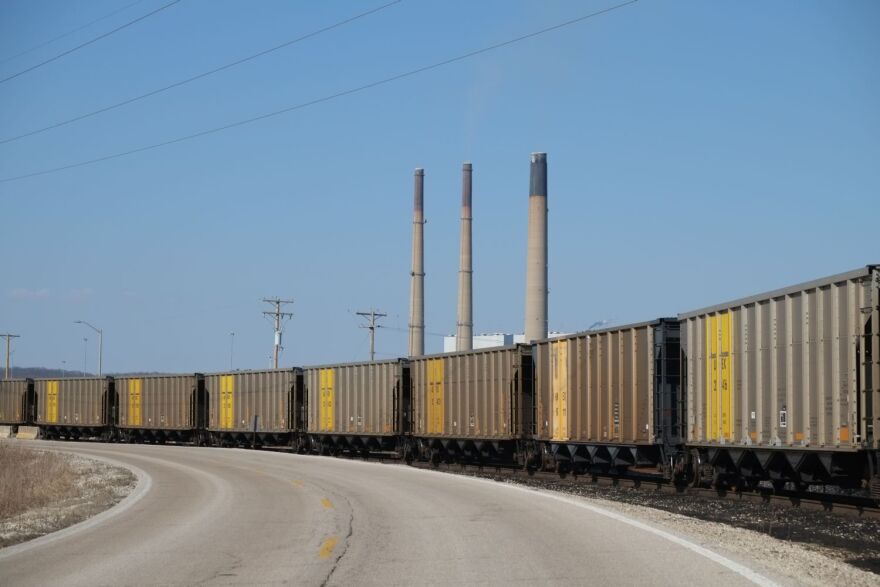St. Louis-based Ameren and other top coal-dependent utilities aren’t doing enough to reduce their climate impact over the next decade, according to a report released Monday by the Sierra Club.
In an analysis of climate plans and public filings from the country’s top 50 coal-dependent utilities, the environmental group found there’s a big gap between the utilities’ practices and what they need to do to help stave off the worst effects of climate change.
“A utility having a climate goal without a real plan that meets that goal is meaningless. It would be like me saying I have a goal to lose 10 pounds, but I still have doughnuts on my grocery list,” said Andy Knott, a Sierra Beyond Coal campaign representative based in St. Louis.
Utilities are under pressure from investors and the public to address their role in climate change, but Knott said these corporate pledges are examples of “greenwashing,” as the companies aren’t backing up what they’re saying with concrete steps to achieve those goals.
“There's not much difference here between the utilities that are making these commitments and the ones who aren’t, and it just shows that these commitments really aren't — aren’t yet — living up to their promise,” Knott said.
But the Sierra Club said aggressive action by these utilities over the next decade is needed to limit global warming to 1.5 degrees Celsius, or 2.7 degrees Fahrenheit — a benchmark studied in 2019 by the Intergovernmental Panel on Climate Change.
The Sierra Club report gave each of the 50 utilities a letter grade based on how its climate plan aligns with three commitments the Sierra Club said are necessary: retire all existing coal plants by 2030, eliminate plans to build new gas plants, and ramp up clean energy production.
Ameren received a D, while most other companies failed. The analysis found that the companies included in the report plan to retire just a quarter of their coal capacity by 2030.
Ameren plans to retire 18% of its coal in that timeframe, according to a profile on the company produced for the report. Knott said Ameren has committed to closing two coal-fired power plants before 2030, the Meramac and Sioux plants. But he said the company should add the Labadie and Rush Island plants to that list too.
Knott credited the company with investing in more renewable energy by committing $8 billion in September for new wind and solar farms across the state. The company aims to reach net-zero carbon emissions by 2050.
“That’s the direction we need to be going,” Knott said, but he cautioned it’s still too slow.
An Ameren spokesperson said in an email the company would need more time to review the report before responding to it.
Ameren is expected to release an updated climate report this spring.
The Sierra Club released a report Monday analyzing top utilities' climate pledges:
Follow Corinne on Twitter: @corinnesusan
Send questions and comments about this story to feedback@stlpublicradio.org.
Support Local Journalism
St. Louis Public Radio is a non-profit, member-supported, public media organization. Help ensure this news service remains strong and accessible to all with your contribution today.




